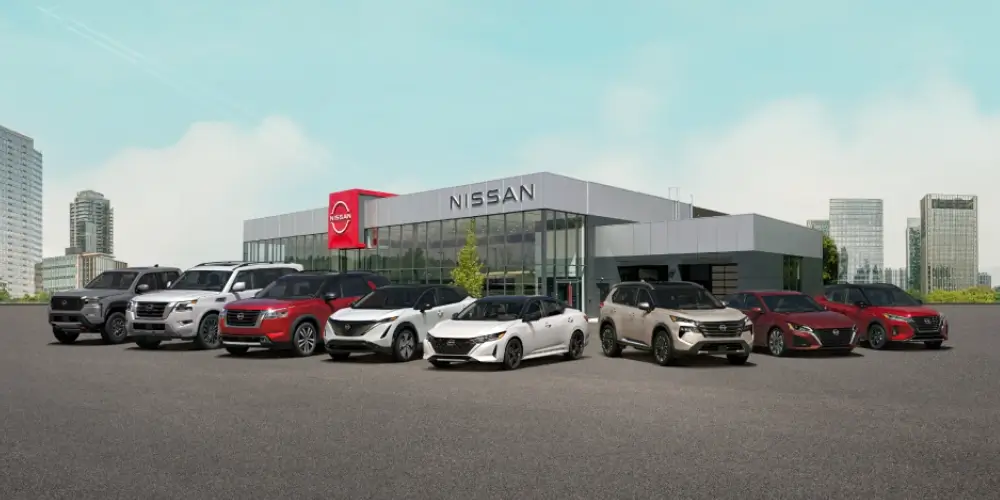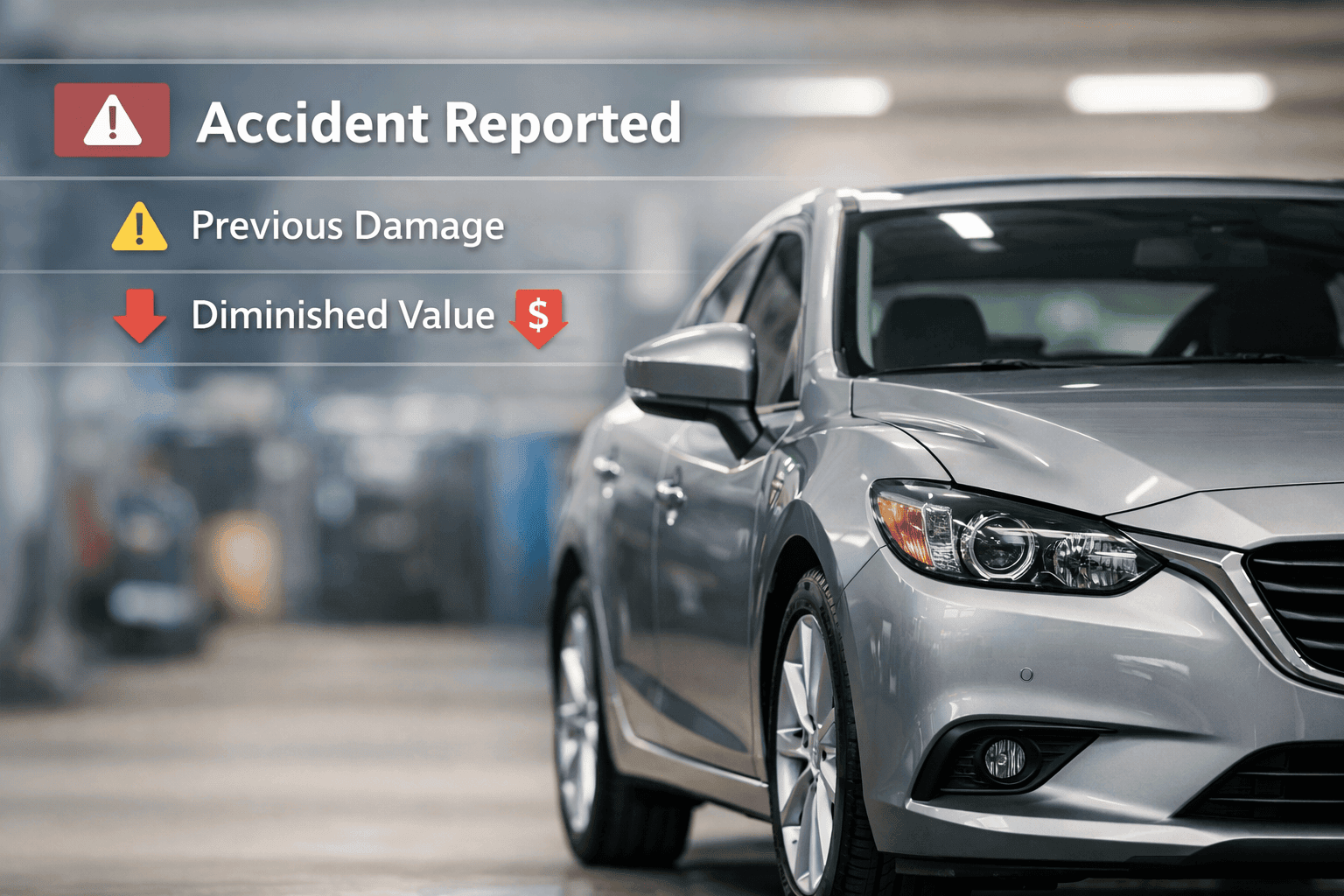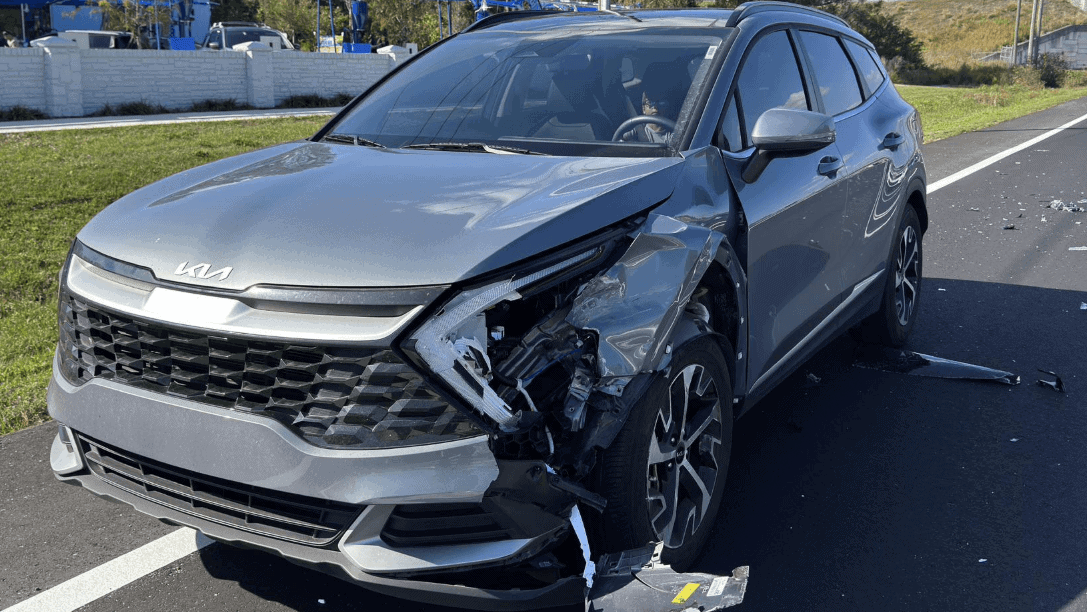Owners of nearly 84,000 older Nissan vehicles in the United States are being urged to stop driving immediately.
This urgent advisory comes from the US National Highway Traffic Safety Administration (NHTSA) due to serious safety concerns regarding unrepaired Takata airbags.

Why the Nissan Takata Airbag Recall Is Still Critical in 2024 (PDF)
Why the Sudden Urgency?
So, what’s the big deal about these Takata airbags? Well, Takata, a major airbag manufacturer, has been at the center of the largest automotive recall in history. More than 100 million airbag inflators have been recalled worldwide. Why? Because these inflators can explode with too much force, sending metal shrapnel flying into the cabin. It’s a life-threatening issue that has led to over 30 deaths and 400 injuries globally since 2009.
The Affected Vehicles
The latest safety warning targets several older Nissan models:
- 2001-2003 Nissan Maxima
- 2002-2004 Nissan Pathfinder
- 2002-2006 Nissan Sentra
- 2007-2012 Nissan Versa
These vehicles were first recalled back in 2020 due to defective Takata airbags, but a significant number have yet to undergo necessary repairs. The NHTSA’s directive is straightforward: if you drive any of these models, park them immediately and do not drive until the airbags are replaced.
What Makes Takata Air Bags So Dangerous?
The danger with Takata airbags lies in their inflators. These inflators use ammonium nitrate-based propellant without a chemical drying agent.
Over time, and with exposure to high temperatures and humidity, the propellant can degrade. When it does, even a minor collision can cause the inflator to explode, turning the airbag into a deadly device.
What Are Your Options?
If you find yourself behind the wheel of one of these risky vehicles, don’t panic. Nissan dealerships are stepping up by offering free towing services, mobile repair options, and even loaner vehicles in some locations. It’s all about ensuring that your vehicle gets the necessary fix without putting you at further risk.
The Broader Impact of Takata Recalls
The Takata recall saga is not just a Nissan problem. It spans multiple automakers and millions of vehicles. For instance, Chrysler’s parent company, Stellantis, issued a similar warning last year for 29,000 2003 Dodge Ram pickups after a fatal incident involving a Takata airbag. Toyota also urged owners of 50,000 older models, including the 2003-2004 Corolla, to seek immediate repairs due to the same issue.
Beyond the Headlines: Lesser-Known Facts
Let’s uncover some lesser-known details about this recall:
- Free Repairs Available: Many vehicle owners might not know that these recall repairs are generally free. Automakers and dealerships are legally obligated to fix recalled vehicles at no cost to the owner.
- Long-Term Solutions: Some manufacturers go beyond just replacing the faulty inflators; they are upgrading the entire airbag system to prevent future issues.
- Regulatory Oversight: The NHTSA plays a crucial role in monitoring and enforcing these recalls. Their continuous updates and public warnings help maintain pressure on automakers to act quickly.
- Consumer Responsibility: Vehicle owners should regularly check for recall notices and act promptly. Ignoring these warnings can lead to catastrophic outcomes.
Steps You Should Take Now
- Check Your Vehicle: Use the NHTSA’s recall lookup tool by entering your Vehicle Identification Number (VIN) to see if your car is affected.
- Contact Your Dealer: If your vehicle is on the list, contact your local dealer immediately to schedule the repair.
- Avoid Driving: Until your vehicle is fixed, follow the NHTSA’s advice and avoid driving it. Arrange for towing if necessary.
Final Thoughts
The Takata airbag recall is a stark reminder of the hidden dangers in our vehicles. While modern transportation offers unmatched convenience, safety should always be the top priority.
If you’re among the Nissan owners affected by this recall, act now to safeguard yourself and your loved ones. For everyone else, staying informed about recalls and safety notices is a smart practice. When was the last time you checked if your car was part of a recall?




